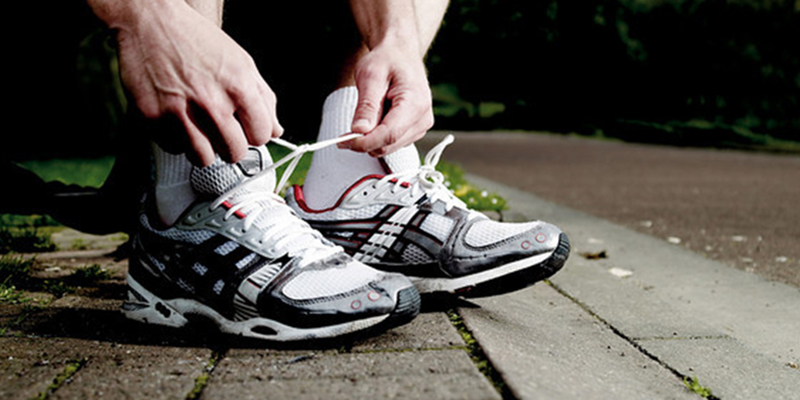
Physical activity has been shown to have a positive effect on mental wellbeing and many interventions now include physical activity as part of the prescription for good mental health. But for some groups – such as transgender and non-binary identifying* people – engaging in physical activity, exercise and sport can pose a great challenge.
Transgender people engage in lower levels of physical activity compared to cisgender (non-trans) people. Engaging in activity can be particularly important for transgender and non-binary identifying people as they experience poorer mental health than cisgender people.
A recent study by Loughborough University’s Dr Beth Jones with young transgender adults (18-36 years) found there were several barriers to physical activity and sport identified in this population, including inadequate changing facilities, revealing and heavily gendered sport clothing, body dissatisfaction and fears around not being accepted by others.
The findings showed that those who took part in the study were motivated to engage in physical activity to increase their body satisfaction and perceived gender congruence, but that there was a lack of safe and comfortable spaces to engage in physical activity and sport.
Initiatives are needed to facilitate young transgender adults’ ability to put their motivations into practice.
Student experiences
There has been some preliminary research in this area through undergraduate research projects from the School of Sport, Exercise and Health Sciences, supervised by Dr Gemma Witcomb. Findings suggest that transgender students are significantly less physically active than cisgender students and that when they are active they engage in activity alone and mostly off campus, rather than in teams.
Many highlight fear of acceptance and a lack of suitable teams as a barrier to engaging in physical activity at university. These students also reported being more depressed than their cisgender counterparts. These findings suggest that more needs to be done to make university campuses more inclusive.
Gender and Sport Centre for Doctoral Training
Anything that we can do to help break down the barriers identified in our research could have a very positive effect on the mental health of transgender and non-binary identifying people.
A multidisciplinary group of researchers at Loughborough University are looking at the emerging issues surrounding inclusive and fair participation for all as part of a Centre for Doctoral Training (CDT) set up to explore this area of research from grassroots to elite policy levels. The Gender and Sport CDT, led by Dr Gemma Witcomb, has five PhD opportunities available to explore the current and changing landscape of sports participation for transgender adults and children and recommend changes to promote inclusive participation.
Dr Witcomb said: “Our research so far has highlighted the difficulties that people who do not identify with the traditional gender binary face in being more active and engaging more with sport, and we know that many people are forced to stop participating because of this. Barriers may exist at many levels, from personal discomfort to policies that enforce exclusion.
“This CDT aims to build on this work to explore, in multiple ways, how transgender and non-binary identifying people are represented and included (or not) in sport, and to develop initiatives and make recommendations that will have a real impact on these groups. Anything that we can do to help break down the barriers identified in our research could have a very positive effect on the mental health of transgender and non-binary identifying people.”
*People who experience an incongruence between their gender assigned at birth and gender identity.